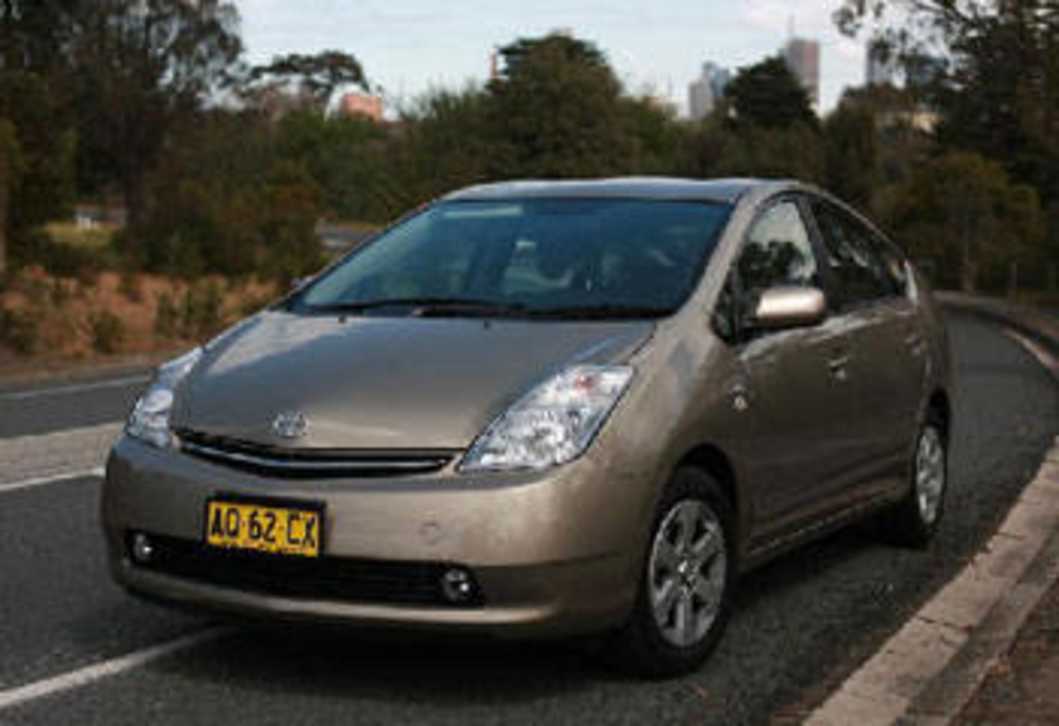The chance to save $450 a year on fuel bills and help save the planet could be enough to lure Sydney drivers to test a new fuel-saving system.
Technology company Mtech Australia is looking for owners of a wide range of cars to take part in a three-month test of the company's ceramic fuel-saving technology.
Using nano-technology, Mtech claims to be able to reduce fuel consumption by as much as 15 per cent and greenhouse-gas emission by as much as 23 per cent — as well as boosting power.
“We already have qualified independent test results proving Mtech Fuel Saver's credentials, and today we want Australians to step up to the plate and commit to reducing their carbon emissions and fuel consumption in their vehicles,” Mtech chief executive David Bignold says.
According to Mtech literature, the system works by encouraging the fuel molecules to break down from clusters to single molecules.
The result is a change in the properties of the fuel, allowing better atomisation of the fuel before delivery to the combustion chamber.
This, in turn, improves volumetric efficiency and improves fuel efficiency.
Mtech claims the system will work on petrol, diesel and LPG-fuelled vehicles, with a range of results depending on the age of the car and the condition of the car's engine.
“We know that different vehicles and models have varying results in carbon emissions and fuel consumption, and now we want to prove that Mtech Fuel Saver gets results regardless of the vehicle type,” Bignold says.
For the public test, the company is seeking models as diverse as the Toyota Prius, Mercedes-Benz A200, Ford Territory, Holden Commodore, Ford Falcon and many others.
“With the average family sedan consuming more than 1400 litres of fuel each year and emitting four tonnes of carbon, participants can save up to $450 per year,” Bignold says.
The greater the fuel usage, the greater the saving, Bignold says.
He claims a family spending $130 a week on fuel could cut their annual bill by around $1000, while a company with a $3000-a-week fuel bill would be in line for savings of more than $23,000.
Ten years of study on the system has been ratified by Associate Professor Dr Peter Dingle, from Murdoch University, in a paper published last November.
“The statistics and research are compelling,” Professor Dingle says.
“There are more than 14 million registered vehicles travelling over two billion kilometres a year in Australia.
“This rate is growing and, as it does, so do the pollutants that result.
“This (the claimed 23 per cent emission reduction) could equate to a possible saving of around 25 million tonnes of CO2 a year if applied to the Australian fleet.”
Anyone interested in registering for the public test can click here for details. Applications close on April 25.
Carsguide would like to know what you think about Mtech's latest nano-technology? is 23 percent enough to help you pay your bills?




.jpg)
.jpg)







.jpg)
.jpg)
.jpg)






.jpg)

.jpg)
.jpg)




Comments